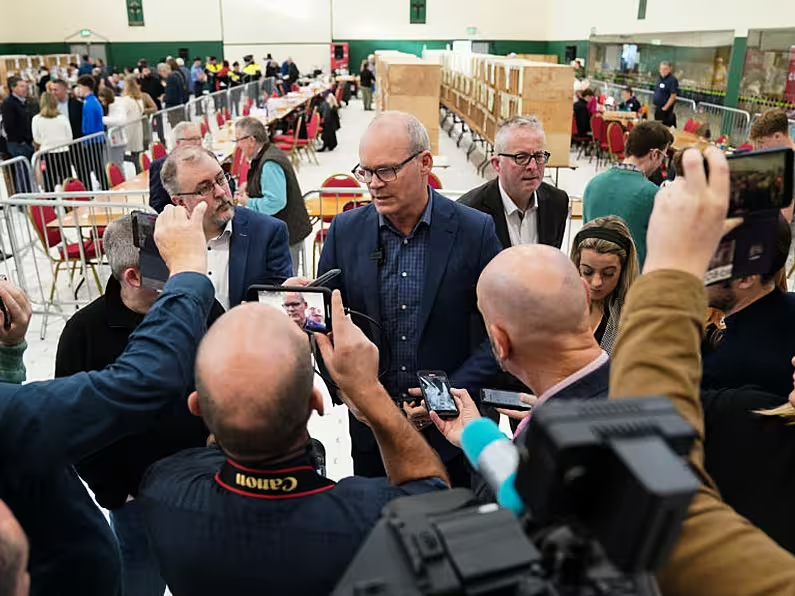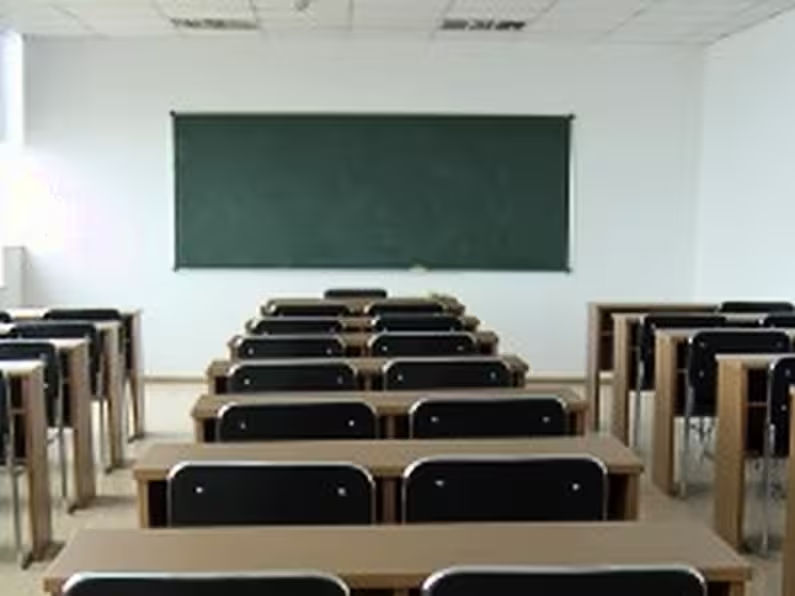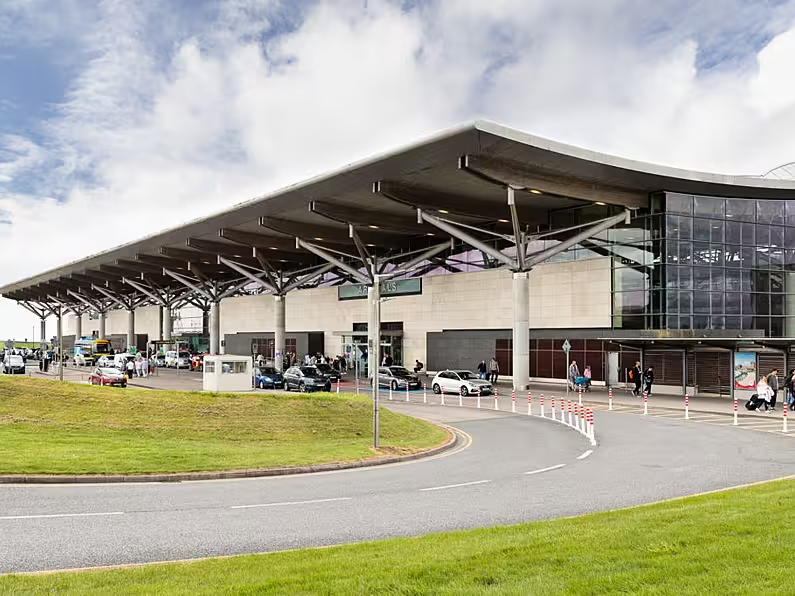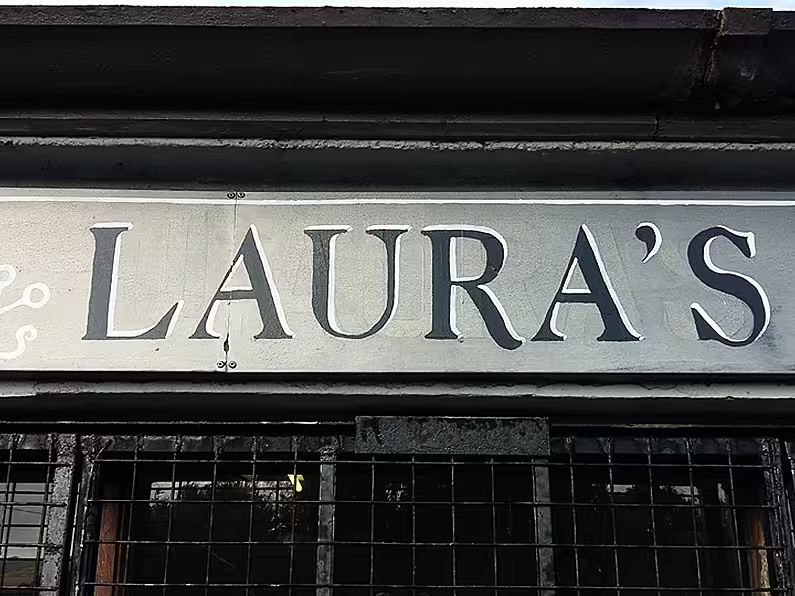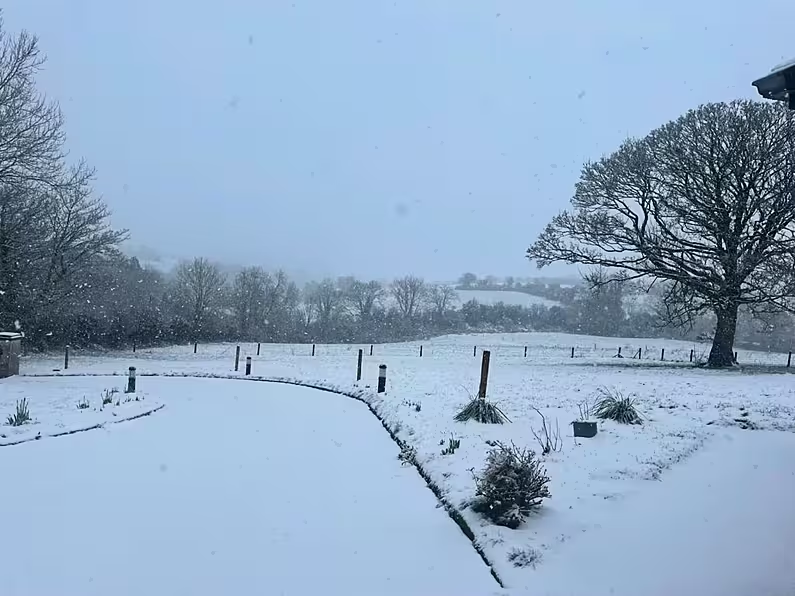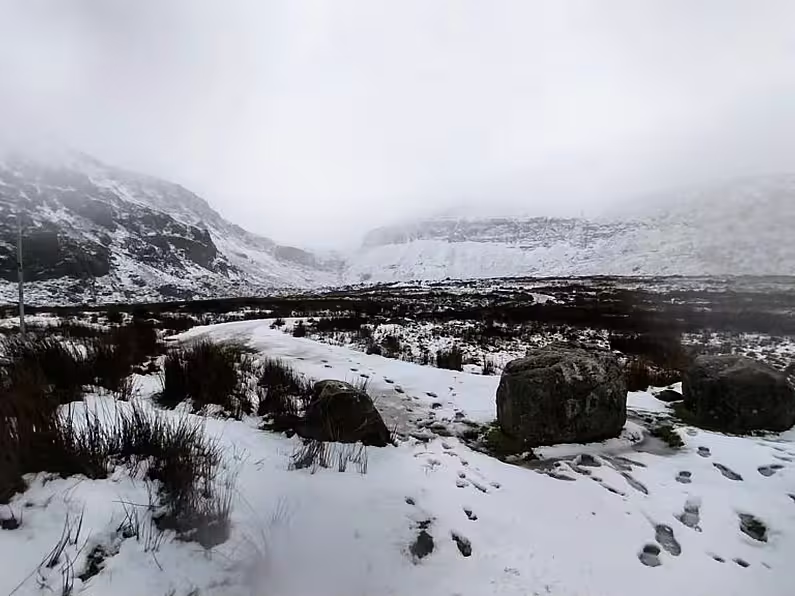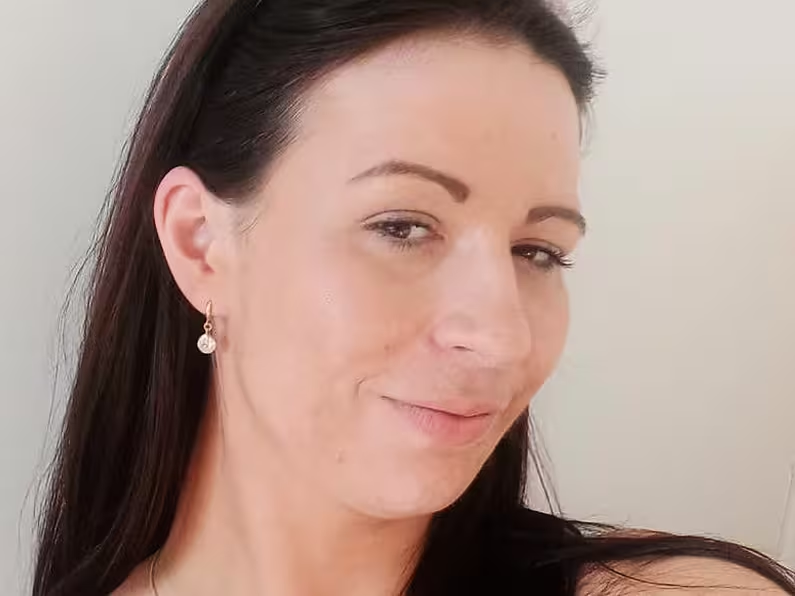By Cillian Sherlock, PA
A former deputy leader of Fine Gael has said it will be a “very difficult proposition” for the party to re-enter a coalition with Fianna Fáil without a rotating taoiseach.
Fianna Fáil is likely to increase its seat lead over Fine Gael compared with the 2020 election, which saw the parties enter a coalition on the basis that the holder of the taoiseach position would be exchanged midway through the term.
Simon Coveney, who retired from politics at the end of the outgoing parliamentary term, said: “There are a number of ways that you can define numbers. There are the number of seats in the Dáil, but there’s also the percentage vote that the parties have got nationally, and the percentage vote that the parties have got nationally is more or less the same – that’s an important mandate that certainly Fine Gael will carry into any discussions.
“I think it would be a very difficult proposition for Fine Gael to move into a coalition government, having just come through a coalition government where a rotating taoiseach has worked very successfully and has contributed to stability in government.
Speaking to reporters at a Cork count centre, the former tánaiste added: “That’ll be a matter, obviously, for the party leaders and for the parliamentary parties concerned.
“But I think from a Fine Gael perspective, it would be very difficult for them to consider going into government without having a taoiseach for part of that government.”
A coalition with a smaller party would be “more stable” than an agreement with independents, Mr Coveney added.
He said Fine Gael and Fianna Fáil had proven they are “compatible partners in Government” but added that he suspects a third partner would be needed.
Speaking to reporters in Cork, he said he was speaking personally as he was not a “decision maker any more”, but added: “I think a party is generally more stable than a group of individuals, although I have been involved in coalition governments with both.
“And I have to say, the coalition government we had with a group of independents worked pretty well – and there are quite a number of independents who are going to get elected who, if you like, are from a sort of Fine Gael-Fianna Fail gene pool.”
Attention has turned to whether Labour or the Social Democrats could become a junior partner in a coalition.
Mr Coveney, who was foreign affairs minister during Brexit negotiations between the UK and the EU, added: “I think both the Social Democrats and Labour will will come back with a reasonably strong performance in this election.
“I hope both of those parties will want to be in government, and we’ll talk with an open mind and with realism in terms of how you can put a government together with Fine Gael and Fianna Fáil.”
More generally, Mr Coveney said the results so far had been an “awful lot better” than previously predicted.
He said party leader Simon Harris “can take credit for that”, but said the Taoiseach had a difficult campaign.
He said: “It’s been a very tough campaign for Simon Harris.
“Things have gone wrong that he probably couldn’t have anticipated and didn’t expect.
“I think he’s shown remarkable resilience and toughness, quite frankly, which is what you need as a political leader these days.
“To actually find a way through that and still ensure that Fine Gael got a good result, growing our representation of the Dail and bringing in a whole new crop of new TDs.”
Mr Coveney conceded that Fine Gael had not had not done as well as Fianna Fail in seat gains, but said his party had done well considering challenges around retiring incumbents.
“We’ll be at in and around 38 seats, I hope. Fianna Fail might be close to 48 seats.”



